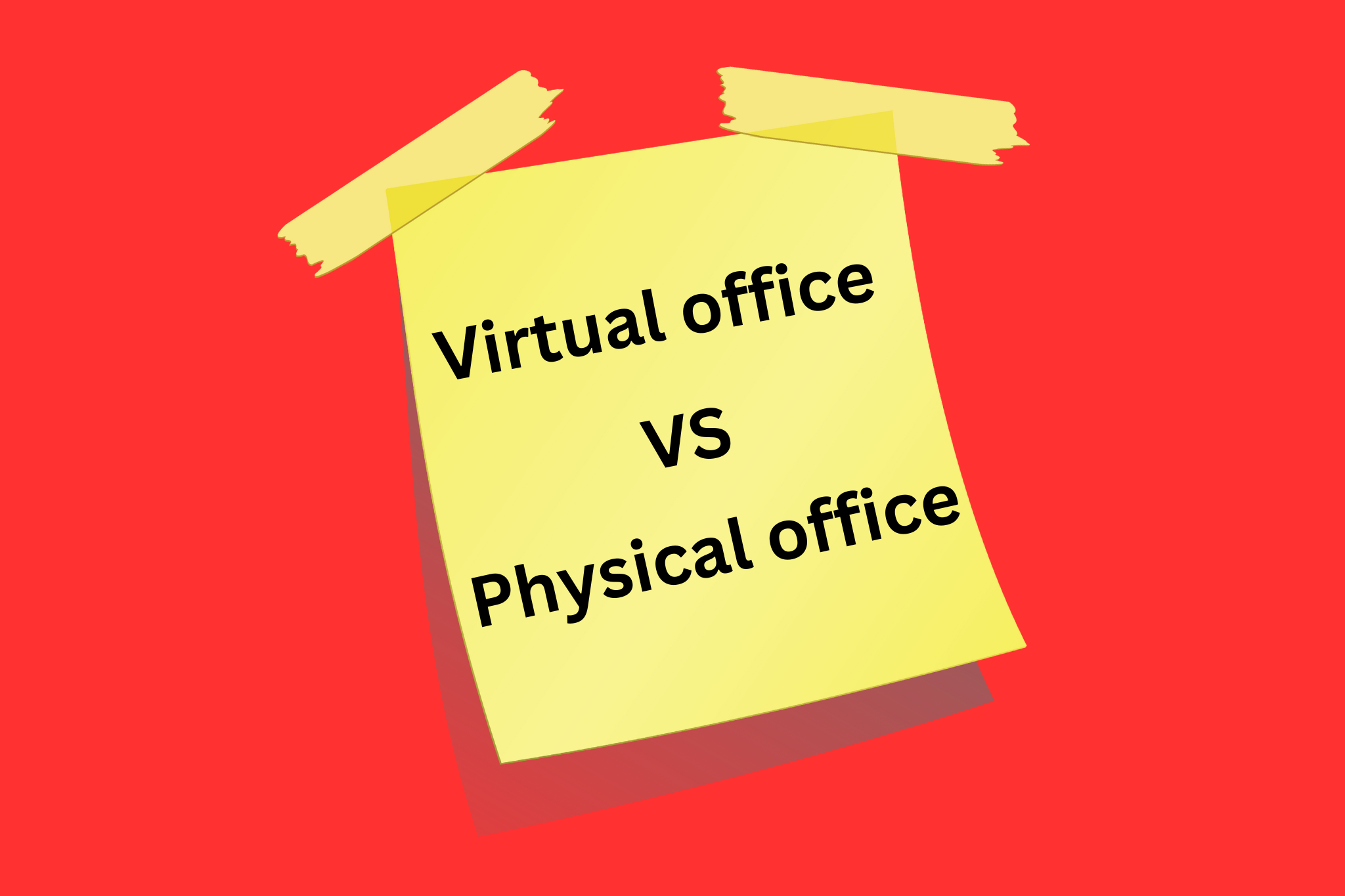Can I Use My Home Address as my Registered Office Address?
Are you planning to start a new business? If the answer is yes, one of the first challenges you may face as a new business owner is choosing the right office address for your company.
Choosing the ideal location is critical to the success of a business. Ending up with the wrong location can lead to high costs, and a decreased pool of clients, and often prompts business owners to question whether they can simply use their home as their official address.
In this article, we will explore all the important factors that need to be considered when registering with a home address, why it might not be the best idea, and what alternatives exist.
Is it legal to use a home address?
Using a home address is entirely legal, and there are no UK laws to state otherwise. When registering a limited company in the UK, you must provide a Registered Address, which can be your home address, if you choose. With the current trend of remote work, many business owners are embracing this idea and enjoying its benefits, such as eliminating commutes and reducing overhead costs. However, using a home address does come with risks that may impact the business, so it's essential to consider these before registering.What are the disadvantages of using a home address?
While using a home address offers both physical and economic convenience, it may seem like a good choice at first. However, along with these benefits, there are also risks, which are discussed below.Privacy: When you register with Companies House, the address you provide becomes a matter of public record. The government strongly advises business owners to carefully consider the address they choose to use, as this information is freely accessible to the public. Even if you later decide to change the address, the address history remains available for public viewing.
Security Risks: In addition to privacy concerns, making your home address public can pose security risks. This is especially true for businesses with high-value assets, as it may increase the likelihood of burglary and identity theft.
Legal Requirements: Ensuring legal compliance before using your home address is crucial. This may include adhering to zoning laws, local business licensing requirements, or any restrictions imposed by your landlord if you're a tenant. Violating these regulations can lead to legal issues, adding another layer of complexity.
Professional Image and Credibility: Establishing a professional image is essential when dealing with clients and investors. Using a home address may lack the credibility associated with a commercial address, potentially giving the impression that your business is small-scale.
Mail Handling: Consolidating personal and business-related mail at the same address can be confusing and inconvenient. This becomes especially problematic when receiving a large volume of mail or when frequently away from home, leading to the risk of overlooking important communications and portraying an unprofessional image.
Can I use a PO box for my registered office address?
After learning about the disadvantages, you might be considering alternatives, such as a PO box. While this may seem like a convenient option and is commonly used for mail handling by many businesses, UK law stipulates that a physical and active address must be used when registering the business with Companies House.What about renting an office?
Renting a physical office or commercial space is another option, offering a dedicated physical address and enhancing the professionalism of your company. However, this choice often comes with a hefty price tag and may not be suitable for startups or businesses with limited budgets.Virtual offices
As a start-up operating on a limited budget, envision the ability to market your business with a prestigious business address, such as in central London or Canary Wharf. This move not only elevates your business's professionalism but also enhances its credibility significantly. But is such a feat possible? Yes, it is, thanks to virtual offices. The popularity of virtual offices is soaring, largely due to the myriad benefits they offer, making them an increasingly attractive option for businesses of all sizes.What is a virtual office?
A virtual office is a service that provides businesses with a physical mailing address, without the need for a physical office space. It allows businesses (mainly startups) to establish a professional presence in a desirable location without the costs and commitments associated with leasing traditional office space.The Advantages of Virtual Offices
Virtual offices offer several benefits that other alternatives may not always provide:Professional Image: With a virtual office, you're given a physical business address, often located in prime areas. This enhances your professional image and adds credibility with potential clients and investors.
Privacy: Opting for a virtual address allows you to maintain your privacy by avoiding the use of your home address, effectively keeping personal and business matters separate.
Flexibility: Utilizing a virtual address grants you the freedom to work remotely from anywhere in the world. This is particularly advantageous for remote or home-based companies.
Cost Effectiveness: Virtual offices offer a more budget-friendly alternative to renting physical space, making them ideal for startups and companies with tight budgets aiming to keep overhead costs low.
Range of Services: In addition to handling mail like a PO box, virtual addresses offer added features such as call forwarding, access to meeting rooms, and assistance with accounting and IT. They provide all the benefits of a traditional office without the high overhead expenses.





